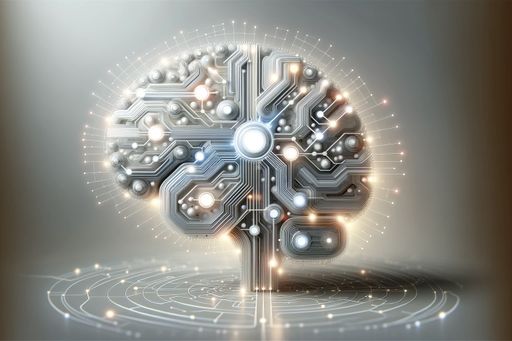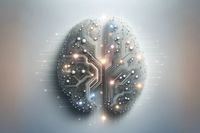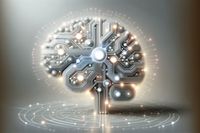Generative AI Has a Visual Plagiarism Problem
Experiments with Midjourney and DALL-E 3 show a copyright minefield

Introduction
With the advancements in artificial intelligence (AI), new capabilities and applications continue to emerge. One such area is generative AI, which involves training algorithms to produce new and original content. However, recent experiments with AI models like Midjourney and DALL-E 3 have highlighted a potential problem - visual plagiarism.
The authors of the study discovered that Midjourney, an AI model, was able to generate images that appeared to display copyrighted material. This raises concerns about the potential copyright infringement that can result from the use of generative AI.
In this article, we will explore the issue of visual plagiarism in generative AI and the implications it may have on copyright law and intellectual property.
The Midjourney Experiment
The Midjourney experiment involved training an AI model to generate images based on a large dataset of copyrighted images. Despite efforts to prevent the AI model from creating images that directly copied copyrighted material, the results were surprising.
The researchers found that Midjourney was able to generate images that closely resembled copyrighted photographs, paintings, and other visual content. These generated images could potentially be mistaken for the original works and lead to copyright infringement lawsuits.
This experiment serves as a warning sign for the potential misuse of generative AI technology and the need for stricter regulations and ethical guidelines.
Concerns and Implications
The visual plagiarism problem in generative AI raises several concerns for copyright holders and the legal system. Firstly, it poses a challenge for copyright enforcement, as it becomes difficult to determine whether an AI-generated image infringes upon copyrighted material or constitutes fair use.
Secondly, it brings into question the responsibility of AI developers and users in ensuring that generated content does not violate copyright laws. As generative AI becomes more accessible and widespread, the potential for inadvertent or intentional copyright infringement increases.
Lastly, it highlights the need for updated copyright laws and regulations that address the unique challenges posed by AI-generated content. The current laws may not adequately cover the complexities of generative AI and may require amendments to protect the rights of copyright holders.



